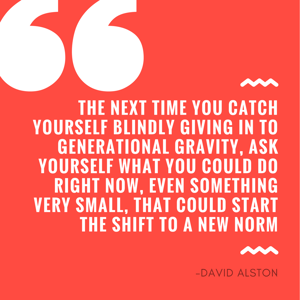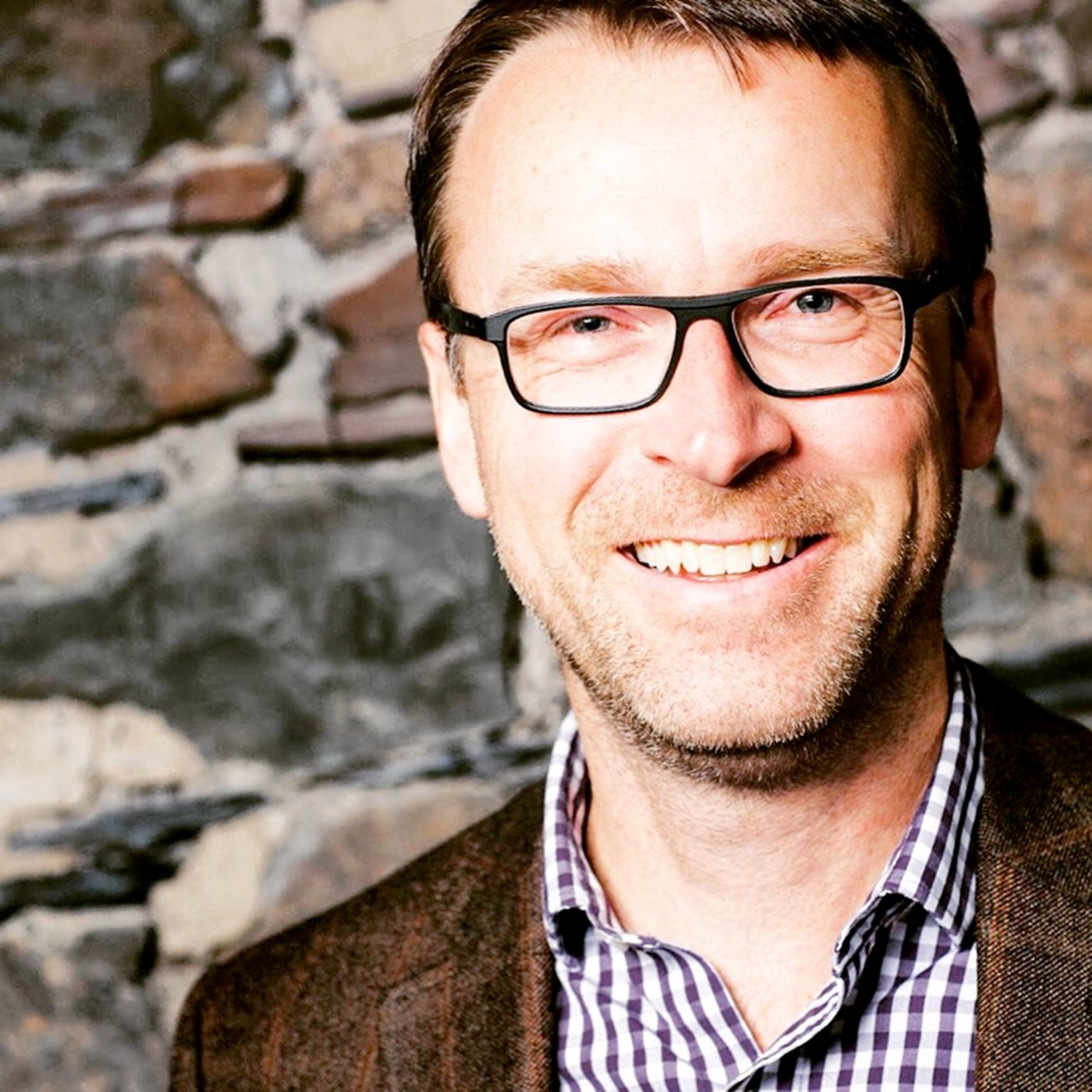In one of my volunteer roles, I co-chair LivingSJ—a collective impact movement in Saint John with a goal to end generational poverty. What many may not realize is that generational poverty is a much more stubborn and complex problem to solve than situational or temporary poverty. When a person or family with a job/house/car/etc… gets into dire straits after suffering a catastrophic financial event, they are often privileged to have friends and family with assets to lean on temporarily, with their gravity typically pulling them upward towards recovering to their norm. However, with generational poverty, the gravitational pull is often reversed, continually holding people down, generation after generation, because in many respects the knowledge of what heights can be reached gets lost to the collective conscience.
Those living in generational poverty may also live in communities where others are struggling with the same gravitational force. Living without many of the necessary means becomes the new normal and this mode becomes firmly embedded in the community culture. The confidence to challenge the norm of poverty becomes slowly eroded over time and in many ways these communities become cut off from those around them. The consequences of trying to escape—which is often seen by others in their community as almost an insult—makes the risk of trying quite daunting for many. 
In many ways this generational gravity issue is descriptive of a greater problem in Atlantic Canada. Citizens have come to believe that it is government’s job to solve society’s problems and even individual’s problems. Not enough jobs? Government needs to solve it. Declining populations? Government, get on it. Rapidly aging population? Government needs to fix this. And on it goes. It’s so commonplace that citizens feel they really only have three roles in the greater scheme of things: voter, tax payer and chief complainer.
But with government (the civil service and politicians) caught in their own norms—next to no R&D spend, risk averse, limited social capital to spend—the generational cycle continues and we all unfortunately get what we deserve.
Disrupting this cycle will require the initiative of brave, entrepreneurial and innovative citizens. It involves collaborating with those in our communities of similar mindset and keeping our civil servants in the loop and engaged. It involves testing new models, measuring outcomes, making quick adjustments and having the fortitude to kill an idea if it doesn’t produce (or scale it up if it does). It involves more social innovation labs, collective impact movements, mentorship, and volunteering. It means breaking down the silos, greying the lines and remembering that we are relatively small in the Canadian context—and small is good. Being one degree of separation from those you need to reach out to, learn from, and work with is a gift in Atlantic Canada.
A willingness to go against the norms is not for everyone, but it is still an exciting idea for quite a few. There is a tipping point where norms change. The next time you catch yourself blindly giving in to generational gravity, ask yourself what you could do right now, even something very small, that could start the shift to a new norm. And take a look around you at the growing number of leaders deploying their rocket boosters to escape our generational gravity. Join them, learn from them, be inspired by them. After all, when you shoot for the moon, it’s much more fun to share the journey with others.
This blog originally appeared in the Atlantic Business magazine on January 3, 2018 and is re-posted here with permission.
Take your learning further: Visit the Living SJ website to learn more about the collective impact social renewal strategy in Saint John, New Brunswick.





